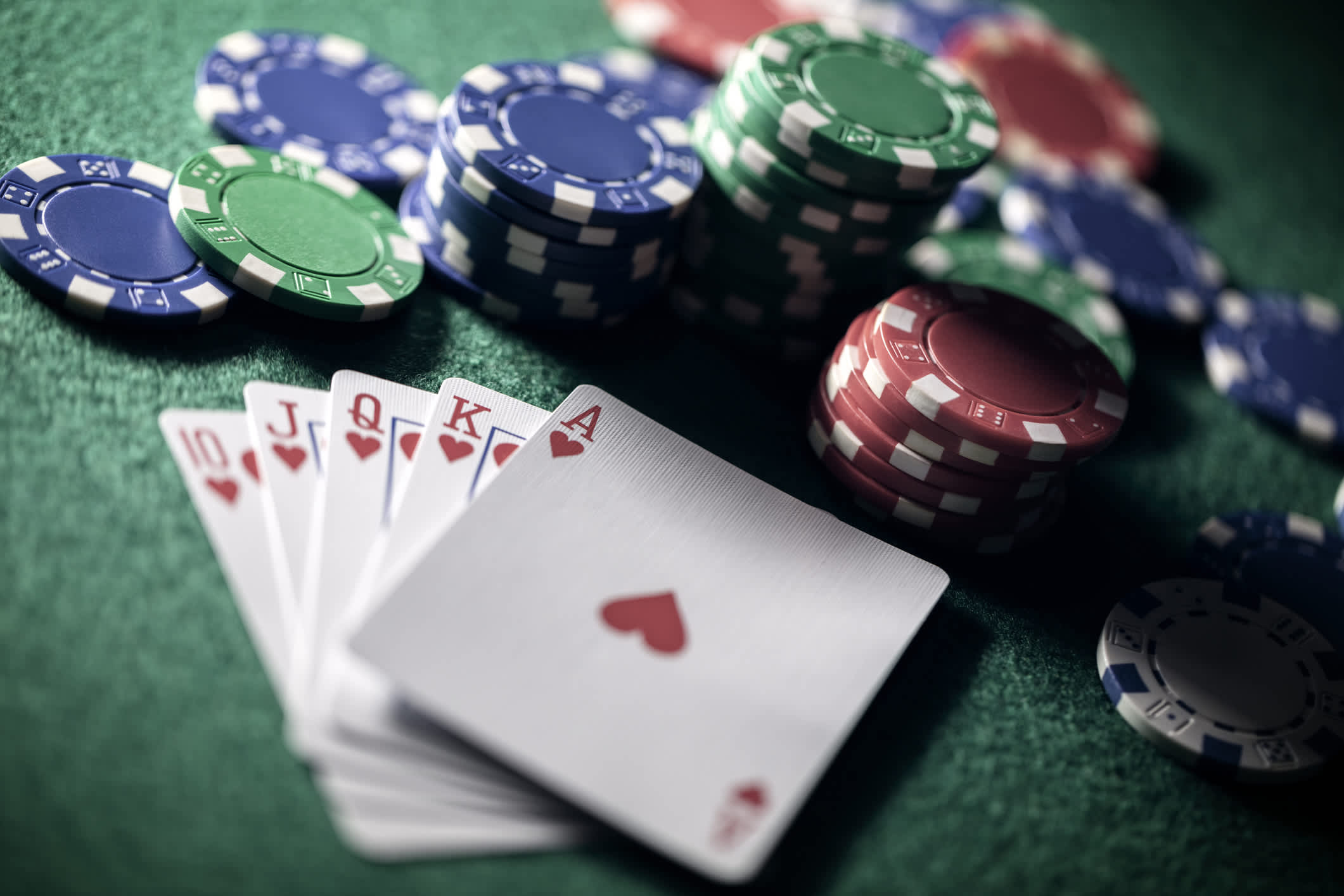
Poker is a card game where players make bets by placing chips or cash in the pot. The player with the best five-card hand wins the pot. The game can be played in a casino, at a home table or online. A good poker player knows how to maximize his or her chances of winning by bluffing and betting strategically.
A high level of concentration and attention to detail is also important in poker. A good poker player will read books on the subject and watch training videos. They will also analyze their own hands and play against other people to learn new strategies. The more time you spend on your poker game, the better you will become at it.
It’s no secret that poker is a great way to exercise your mind. This activity helps to keep your brain healthy and prevents the onset of diseases like Alzheimer’s. In addition, playing games like poker can help to improve your social skills, as you will meet people from all walks of life and backgrounds at the table.
Poker teaches you to read the other players at the table. You will notice their body language, how they bet and how much they raise or call. You will also learn to read the other players’ hands and how they are putting their money in the pot. If you are looking for a more challenging game, you should consider signing up for a tournament at an online poker site. This will allow you to play against people from all over the world.
If you have a strong hand, you should bet to force weaker players out of the pot. If you have a weak hand, you should fold or check. If you have a good bluff, you can sometimes win the whole pot. This is because bluffing is a very effective strategy in poker.
Another advantage of poker is that it teaches you to think outside the box. This is a crucial skill in the real world, where you need to be able to come up with solutions to complex problems. It is also helpful in a business setting where you need to be able to adapt to changing conditions.
Poker also teaches you to be resilient. If you have a bad day at the table, you will need to be able to pick yourself up and move on. A good poker player will not chase their losses or throw a temper tantrum. Instead, they will learn from their mistakes and try to improve their game the next time around. This is a great way to develop resilience, which can be applied to many other areas of your life.